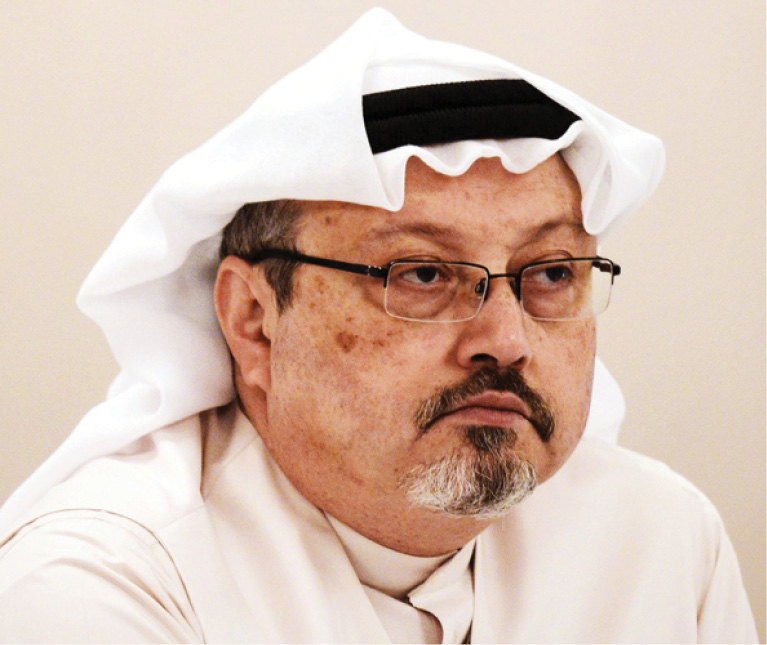Khashoggi: Saudi confab boycott shows political threat to economy
A Western boycott of a major business conference in Riyadh beginning on Tuesday suggests rising political risks Saudi Arabia could harm its ambitions to attract foreign capital and diversify its economy away from oil. Rather than whipping up interest in Saudi investment opportunities, the event risks becoming a public relations debacle because of the disappearance […]

A Western boycott of a major business conference in Riyadh beginning on Tuesday suggests rising political risks Saudi Arabia could harm its ambitions to attract foreign capital and diversify its economy away from oil.
Rather than whipping up interest in Saudi investment opportunities, the event risks becoming a public relations debacle because of the disappearance of Saudi dissident Jamal Khashoggi, company executives and analysts say.
Turkish officials have said Khashoggi was killed inside the Saudi consulate in Istanbul. Saudi Arabia denies this.
More than two dozen top officials and executives from the United States and Europe, including U.S. Treasury Secretary Steven Mnuchin and the chief executives of JP Morgan Chase and HSBC, have cancelled plans to attend the Future Investment Initiative due to unease over the Khashoggi affair.
That may not prevent the event from proceeding – over 150 speakers from more than 140 organisations originally signed up, organisers said. But it deprives the conference of much of its star power.
As Western companies fret over the risk to their reputations of doing deals and possible exposure to any sanctions imposed over the Khashoggi case, they are likely to put much new business in Saudi Arabia on hold for now.
The freeze may apply to both new Western contracts or investments in Saudi Arabia, and the Saudi government’s own programme of buying corporate assets abroad through its US$250 billion Public Investment Fund (PIF).
“Most Western businesses will come under pressure to reconsider their exposure to Saudi Arabia in light of the Khashoggi affair,” said Ayham Kamel, head of the Middle East practice of political risk consultancy Eurasia Group.
But the freeze on new deals may start to ease within a few months. Many Western firms have too much at stake to abandon the Middle East’s biggest economy; privately, some told Reuters they would send lower-level executives to the conference.
Larry Fink, chief executive of U.S. investment manager BlackRock, said he was pulling out of the conference but would not cut ties with Saudi Arabia as he wanted to “preserve the relationships that we’d worked so long for”.
Companies in China and Japan have shown little or no sign of withdrawing from the event, so U.S. and European firms may lose out on business if they stay cool towards Riyadh for too long.
“In the new year the impact may start to ease, particularly given that the U.S. seems to be helping Saudi Arabia sweep the incident under the carpet,” said Jason Tuvey, senior emerging markets economist at Capital Economics.
U.S. President Donald Trump has said he wants to protect Washington’s security cooperation with Saudi Arabia and billions of dollars of military equipment sales to Riyadh. He raised the possibility that “rogue killers” murdered Khashoggi, a theory which could absolve Saudi leaders from responsibility.
A Gulf banker who works with Saudi Arabia said that however the Khashoggi affair ended, the opportunities to earn fees arranging deals for the PIF meant Western banks would ultimately be “back on their knees seeking business” from it. (Channel Newsasia/Reuters)
